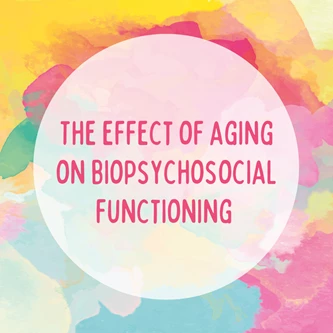A social worker is conducting an assessment of an elderly client. The client has recently retired, lost their spouse, and reports feelings of loneliness and sadness. The client also mentions experiencing difficulty with memory and occasional confusion. What aspects of biopsychosocial functioning should the social worker consider when developing a plan of care for this client?
A) Focus primarily on addressing the client's psychological needs, as biological changes are not significantly relevant in this case.
B) Recognize that the client's psychological and social well-being may be interconnected and explore interventions that address both loneliness and memory difficulties.
C) Prioritize addressing the client's biological changes by recommending a strict regimen of physical exercise and dietary modifications.
D) Refer the client to a medical doctor, as social workers are not qualified to address issues related to memory and confusion.
What's your answer?
In this scenario, the client's challenges are multi-faceted, encompassing psychological (loneliness and sadness) and potential cognitive (memory and confusion) aspects. Social workers should consider the interplay between psychological and social factors in the client's life. Loneliness and psychological distress can influence cognitive functioning and vice versa. Therefore, it's important for the social worker to explore interventions that address both the client's psychological and social needs. Referring the client to a medical doctor might be appropriate to assess and address the cognitive issues, but the social worker can play a crucial role in providing emotional support and connecting the client with appropriate resources. The best answer is B.
You're that much more ready to pass the ASWB exam.
Ready to really test yourself?
Get started now with SWTP's full-length practice exams.

 Continuing through the ASWB content exam outline, here's a simple seeming item: The effect of aging on biopsychosocial functioning. Just by living and knowing people--friends, family--you have a handle on much of this material. You know how aging works at least up to the age that you are. But let's review, with a focus on changes that come in later in life.
Continuing through the ASWB content exam outline, here's a simple seeming item: The effect of aging on biopsychosocial functioning. Just by living and knowing people--friends, family--you have a handle on much of this material. You know how aging works at least up to the age that you are. But let's review, with a focus on changes that come in later in life.